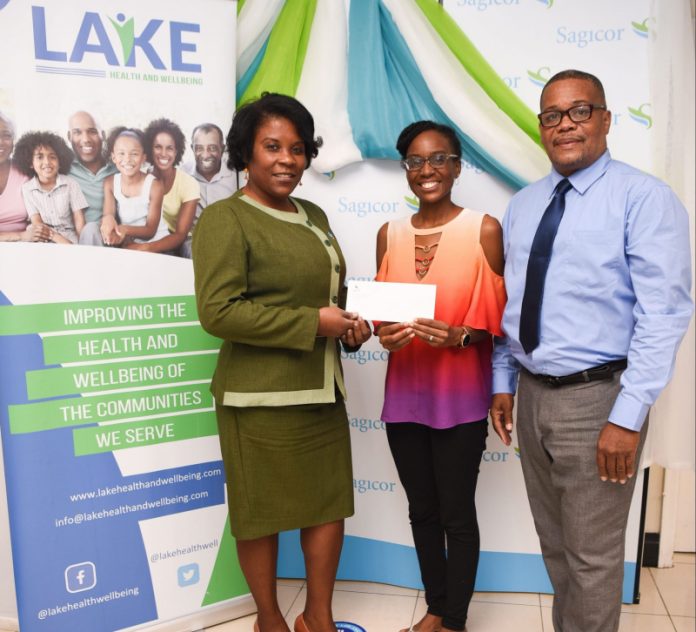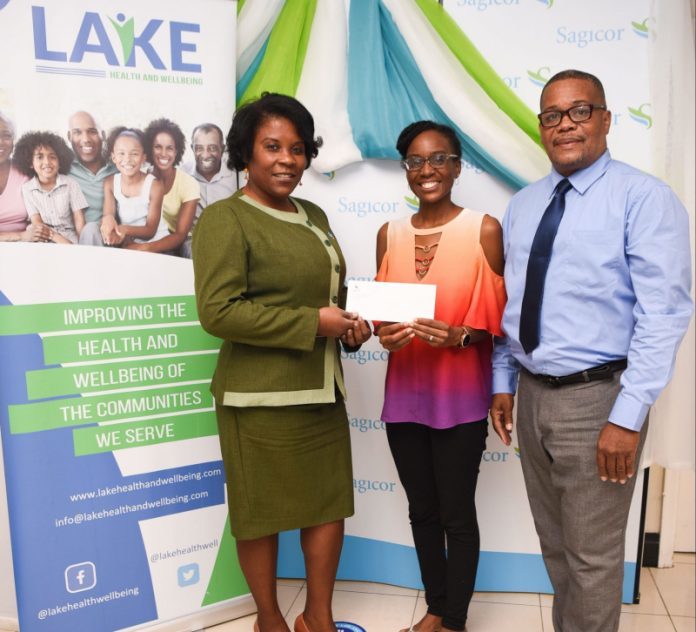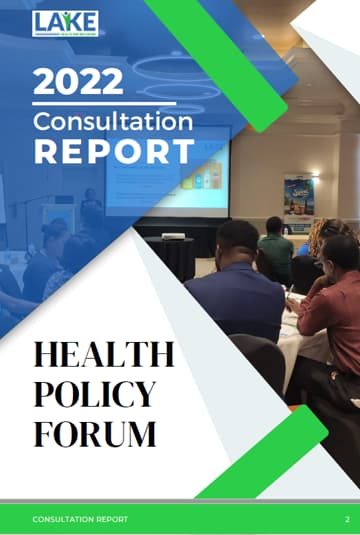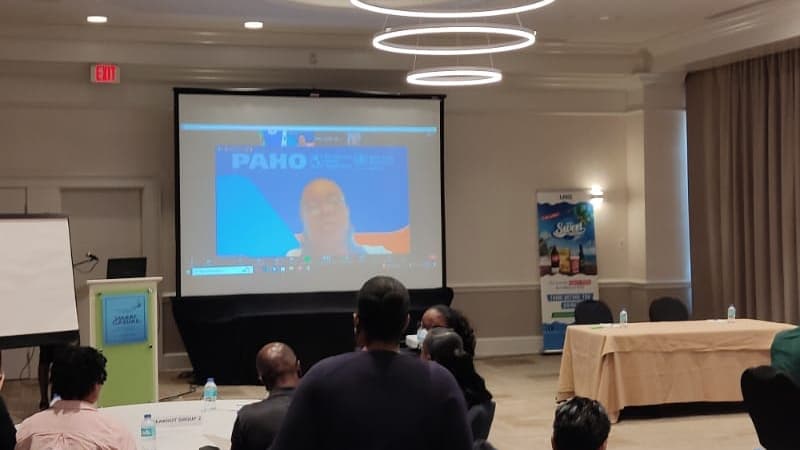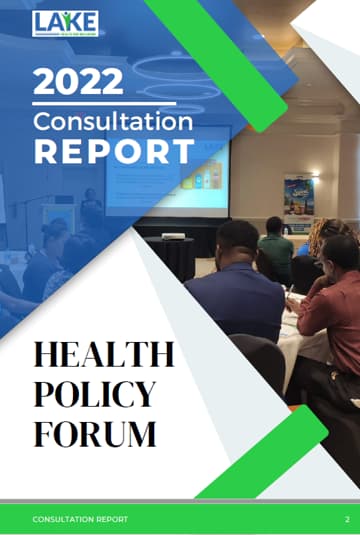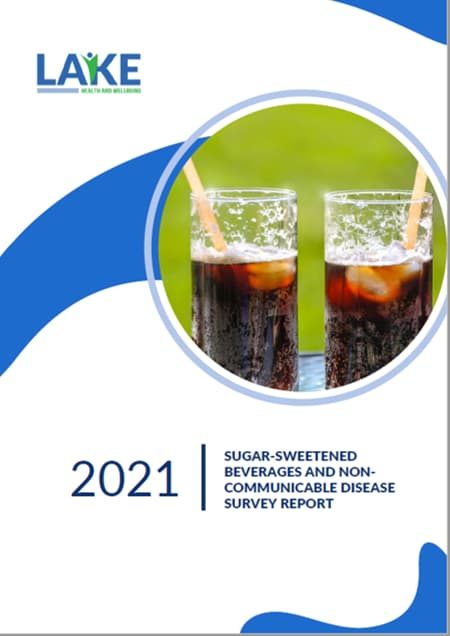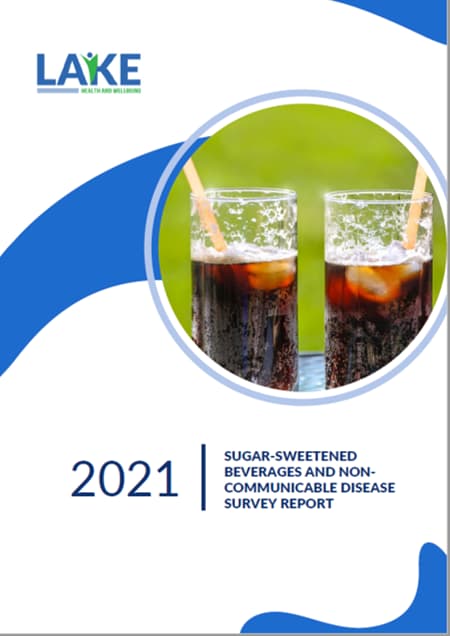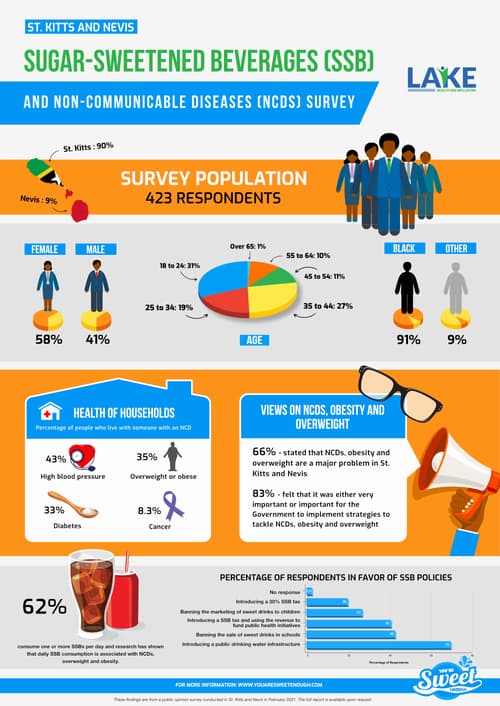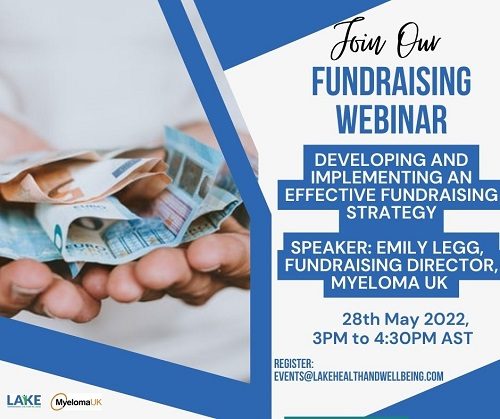Lake Health and Wellbeing has partnered with the Heart Foundation of Jamaica to bring the radio drama series, Come Inna Dis, to St. Kitts and Nevis.
Come Inna Dis is a 13-episode radio drama geared towards helping the public make better health decisions individually and at the community level. Each episode is 3 minutes long, during which listeners follow the story of friends Angie and Jen as they embark on a journey through the curves and turns that come with having to make health and lifestyle choices.
The series tells a fun, engaging and relatable story that addresses a number of important public health issues. Specifically, the series explores non-communicable diseases (NCDs) which are the major public health challenge facing St. Kitts and Nevis and the Caribbean.
In St. Kitts and Nevis, between 2015 to 2019, 57.8% of deaths were due to NCDs. Contributing to the development of NCDs are the modifiable risk factors of an unhealthy diet, physical inactivity, tobacco use and alcohol consumption. To address the high rate of NCDs in the Federation, a healthy environment has to be created that minimises the public’s exposure to these modifiable risk factors so that they can easily choose healthy options. This requires the development and implementation of effective public health policies and health education campaigns.
Come Inna Dis is part of a range of advocacy initiatives being implemented by non-profit organisations throughout the Caribbean to advocate for healthy food policies and to encourage the public to adopt a healthy lifestyle. It was conceptualised and developed by the Heart Foundation of Jamaica’s Global Health Advocacy Project (GHAP) as part of its Food Policy Programme and was first launched in Jamaica in 2020.
Barbara McGaw, Project Manager for the Heart Foundation of Jamaica’s GHAP notes that,
The Heart Foundation of Jamaica recognises the role such an avenue, a radio series, has in helping to influence health behaviours and promote health behaviour change. We have witnessed through Come Inna Dis the tremendous impacts it has had both directly and indirectly on public perceptions, through feedback and support. That is, people have discussed what they hear with others and use such interactions to validate their own experiences and expectations.
We are all consumers. At the moment we are all disadvantaged by the lack of adequate nutrition information on our food among other things. We all have the right to information and healthy nutritious food, and for this reason, we continue to encourage our government to implement effective healthy food policies, based on scientific evidence.
We hope to experience an even greater impact in our partner island, St. Kitts and Nevis, as we continue our advocacy journey together. We also expect that its citizens will enjoy the fun-filled and dramatic journey between two friends in their quest for better health and that people will relate to their experiences, and in turn, help guide health behaviours to develop a healthier nation, and hope that this is the first of many collaborations to come.
Abi Begho, Programme Director at Lake Health and Wellbeing said,
We are absolutely delighted to have partnered with the Heart Foundation of Jamaica to bring Come Inna Dis to St. Kitts and Nevis. This is an excellent series that addresses, in a fun and engaging way, the many challenges that we face as we strive to adopt a healthy lifestyle. It also explores some of the evidence-based and effective public health policies that are needed to create a healthy environment and, therefore, it is a thorough exploration of the role that all of society must play in improving the health of the nation. We applaud the Heart Foundation of Jamaica for its creativity in addressing these important public health issues.
The public can listen to Come Inna Dis on ZIZ Radio every Wednesday at 1pm starting from 5 October 2022 and on WINN FM every Monday at 11am starting from 3 October 2022. Episodes will also be available for replay at www.youaresweetenough.com
For more information, you can watch the St Kitts and Nevis launch event of Come Inna Dis below.
